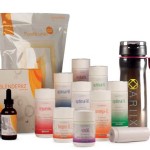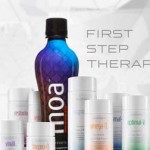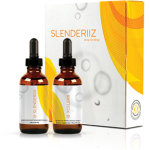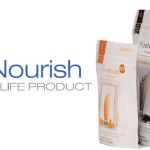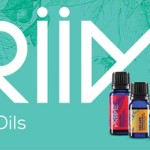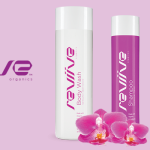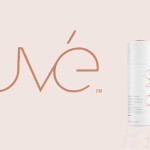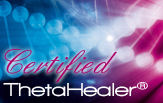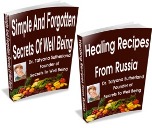Jouve FaQ’s
Are Jouvé Products “Natural”?
When the Jouvé skincare products were launched, consumers were promised that the products would be “clean” and “toxic-free”. A list of toxic ingredients known to contribute to health and reproductive concerns was published, the Never Ever List. This list was the written promise from the company that Jouvé users would never have to worry about sacrificing their health for their beauty.
Because so many terms such as “natural”, “organic”, “chemical-free”, “hypoallergenic”, and “toxic-free” get thrown around so casually in the cosmetic industry, we wanted to take a moment and clarify exactly what the Jouvé products are… and what they’re not.
First, what the Jouvé products are:
Clean – What does this mean? It means that our products do not contain synthetic preservatives or artificial colors, dyes or fragrances, or genetically modified ingredients.
Toxic-Free – What does this mean? It means that our products are formulated without ingredients that have been linked to health concerns, or have been shown to have a long-term toxic effect on the body or on the environment. This means that the Jouvé products are free from parabens, phthalates, PEGs, silicones, nanoparticles, sulfates or other ingredients that have been linked to cancer, neurotoxicity, endocrine disruption, allergenicity, reproductive damage or a host of other health hazards.
What the Jouvé products are not:
Hypo-allergenic – this is a term that has no medical or industry-standard definition. Cosmetic companies are not required to meet any regulations or do any testing to validate this claim, and so it has become virtually meaningless. The Jouvé products were rigorously tested for skin irritation and sensitization, and were dermatologist tested to assure that they are safe for all skin types, but the term “hypoallergenic” is not used for these products.
Natural – the only thing that the term “natural” means is that the ingredient was produced from a living organism – that is, found in nature. It is important to remember, however, that “natural” does not equate with “good”. There are a host of toxic, harmful ingredients that are natural in origin – substances that should never be used in consumer products. Formaldehyde, arsenic, lead, botulinum toxin, anthrax, ricin and snake venom are all natural substances. As with some other claims, there are no industry standards or regulations for the term “natural”, and there are a number of products on the market using the term “natural” that contain potentially toxic ingredients.
Organic – there is a pervasive misconception that all synthetic ingredients are automatically bad and that all organic ingredients are automatically good. As with the above terms, “organic” still has no industry standard, with differing definitions applied globally, and is one of the most misused terms in the cosmetic industry. We applaud the production of plant-based ingredients that are cultivated without the use of chemicals, irradiation or pesticides. However, there is nothing inherent about organic ingredients that reflects the quality of a cosmetic product.
Chemical-Free – I understand that this usually means “free of harmful chemicals”, but that’s not usually how it is positioned. Simply put, there is no such thing as a chemical free cosmetic. This would actually defy the laws of chemistry. In reality, seeing this claim just means that the marketing department of a cosmetic company doesn’t understand basic science. Basically anything one can taste, smell or hold is made up of chemicals. Every single cosmetic product ever created contains chemicals. The bottles and jars they come in contain chemicals. The packaging they’re shipped in contain chemicals. Every single one of us are made up entirely of chemicals.


